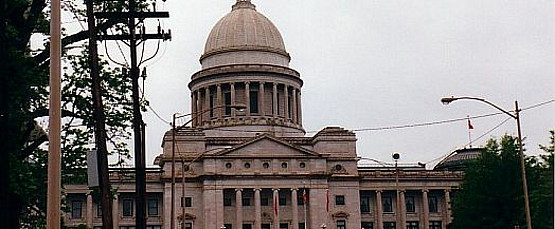Peace, Political Conflict, and War

The Cluster Peace, Political Conflict, and War intends to make visible the various respective activities at the University in the field of teaching and research. At the same time, it represents a platform for networking and developing new joint projects both at the university’s institutions (especially the Conflict - Peace - Democracy Cluster) and together with regional, national and inter- and transnational initiatives. Topic-wise, the cluster focuses on conflicts and processes of conflict-management as on strategies of peace making: from local communities via states to the international community. One focus is thus on inter- and transnational relations within a thematic spectrum from war as the highest level of conflict all the way to non-violent dispute resolution and peacebuilding. Furthermore, the cluster is also interested in the intra-state and intra-societal level, which is regarded as the site of power, distribution and interpretational conflicts and their (violent or regulated) resolution in the context of political systems and political cultures. The interdependence of both perspectives is taken into account. The Cluster sees itself as fundamentally interdisciplinary: from peace research and historical studies to international relations and political science, law, sociology, anthropology, psychology and theology.
Contact:
Werner Suppanz werner.suppanz(at)uni-graz.at
Maximilian Lakitsch maximilian.lakitsch(at)uni-graz.at
